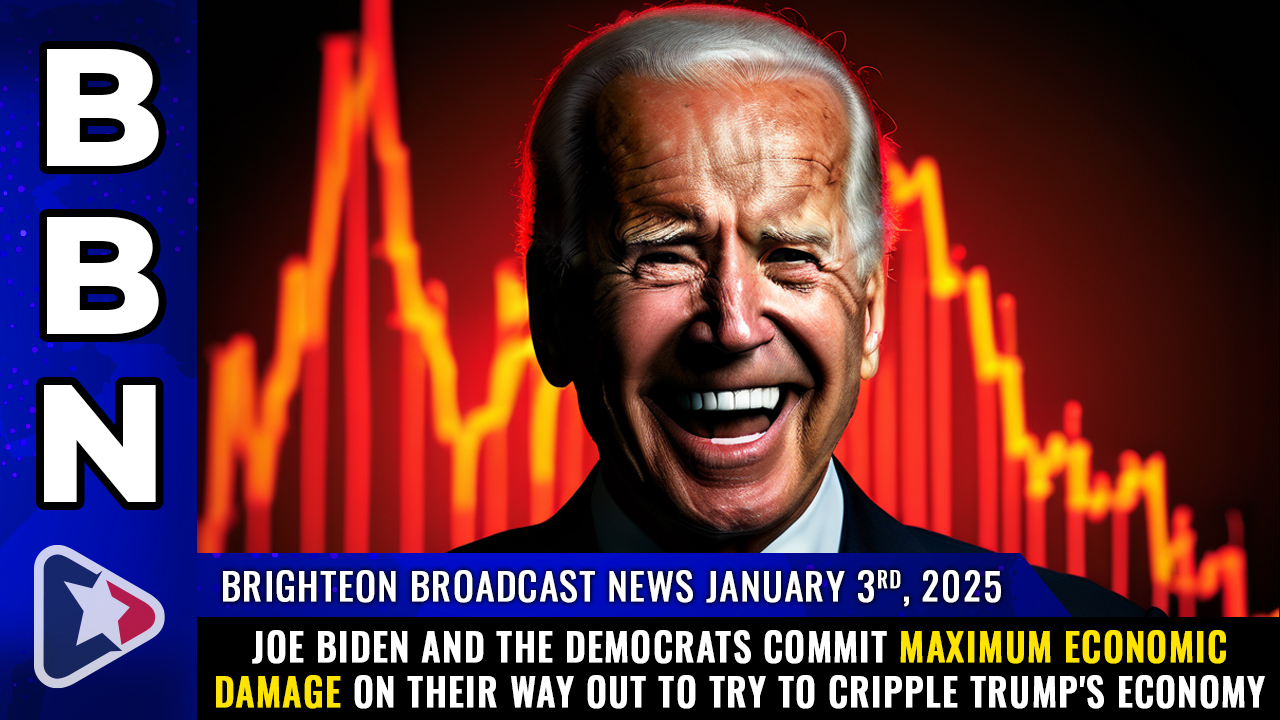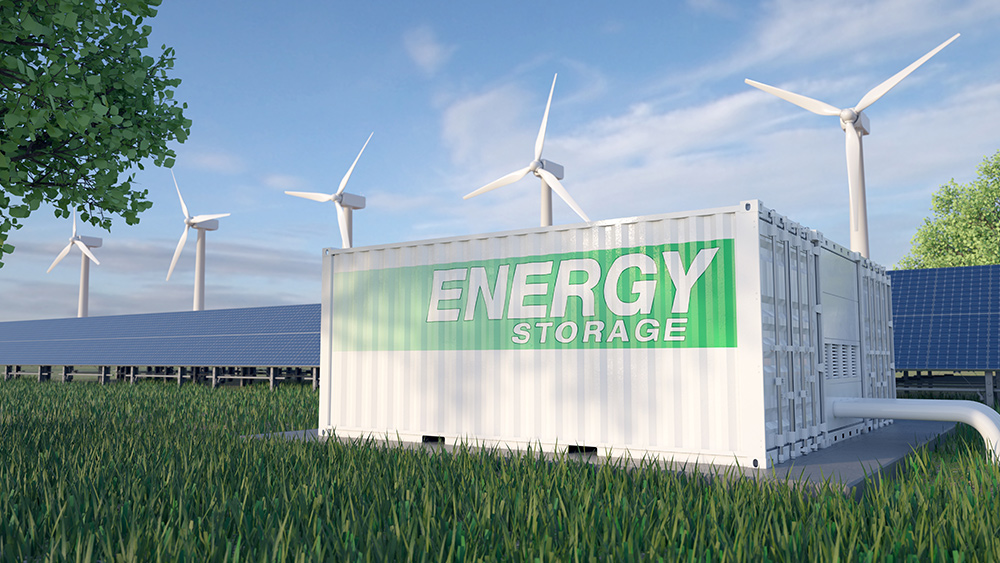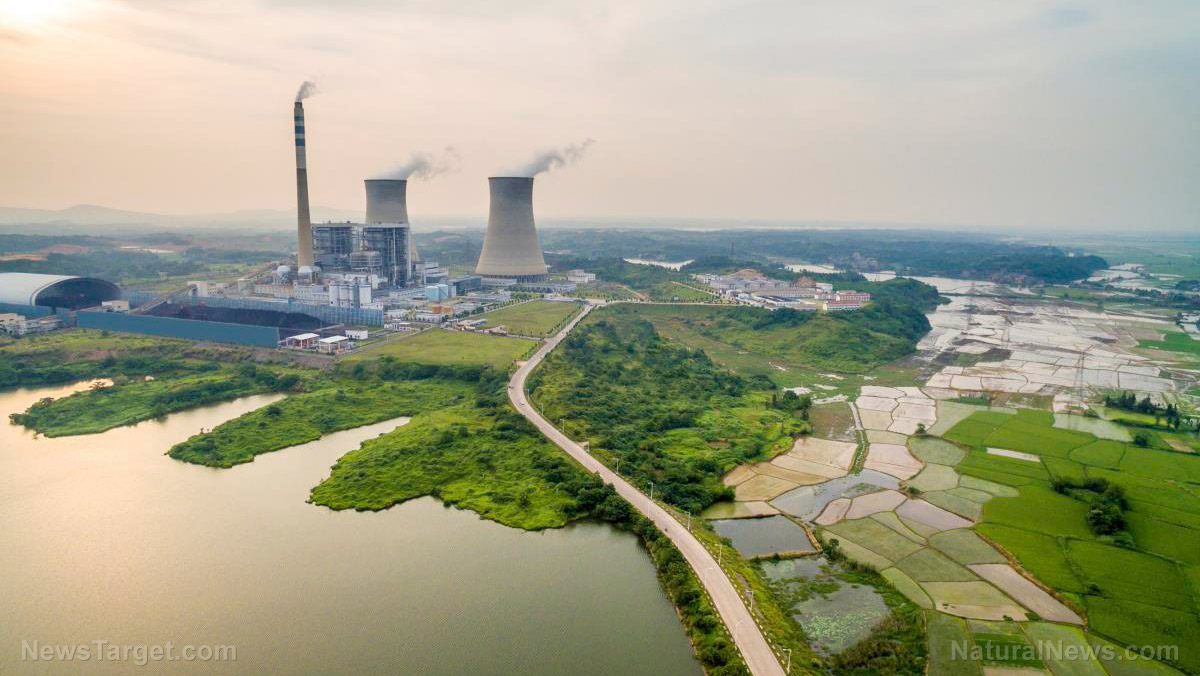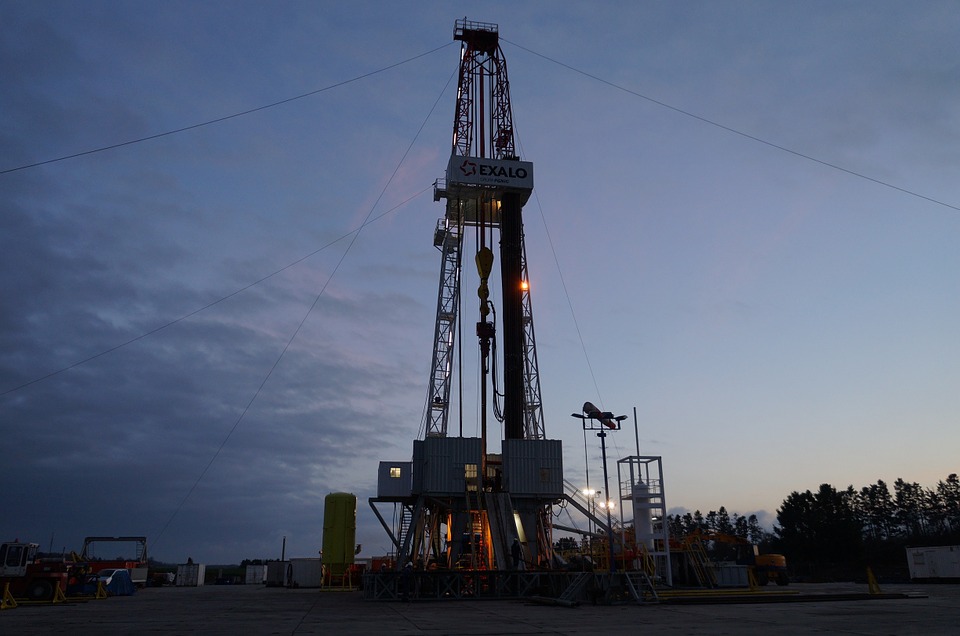Ukraine cuts off Russian gas to Europe, harming Transnistria, Slovakia, and Hungary
01/05/2025 / By Lance D Johnson

- Ukraine’s refusal to extend its gas transit deal with Russia has halted Russian gas supplies to Europe, impacting Slovakia, Hungary, and Moldova.
- The decision is largely political, targeting nations with opposing stances on NATO’s role in the Ukraine conflict.
- Transnistria faces a severe crisis, with potential for political unrest or foreign intervention.
- Slovakia and Hungary can mitigate impacts through LNG imports, but higher costs will strain their economies.
- The move could serve as a bargaining chip in future peace negotiations between Russia and Europe.
- The U.S. may play a pivotal role in mediating energy diplomacy to stabilize EU-Russia relations.
Ukraine cuts off Russian gas to Europe
The recent decision by Ukraine to cut off Russian gas supplies to Europe marks a significant escalation in the ongoing geopolitical tensions between Moscow and Kiev. While the immediate economic impact on the European Union (EU) may be limited, the political ramifications are profound, particularly for Slovakia, Hungary, and Moldova. This move, framed by Ukraine as a matter of national security, highlights the deepening divide between Russia and the West, with the U.S. potentially positioned as a mediator in future negotiations.
Ukraine’s refusal to extend its five-year gas transit agreement with Russia, which expired on January 1, has effectively halted the flow of Russian gas through its pipelines. This decision, while symbolic, is largely political, targeting nations that have opposed NATO’s involvement in the Ukraine conflict. Slovakia and Hungary, both led by conservative-nationalist governments critical of NATO’s proxy war, are among the most affected. Moldova, a pro-Western nation seeking to reintegrate its separatist region of Transnistria, is also facing severe consequences.
Transnistria, a breakaway region with a significant Russian military presence, is particularly vulnerable. The halt in gas supplies has forced the region to suspend heating and hot water services, raising fears of political unrest. Analysts warn that this could lead to a Color Revolution, potentially destabilizing the region and providing an opportunity for Moldova or Ukraine to intervene. Russia’s Foreign Intelligence Service has already flagged this scenario, suggesting that the Kremlin is preparing for possible escalation.
Slovakia and Hungary, while impacted, have alternative options. Both nations can import liquefied natural gas (LNG) from the U.S., Algeria, or Qatar, albeit at higher costs. Slovakia can access LNG through Poland’s Klaipeda terminal, while Hungary benefits from the TurkStream pipeline, which remains operational. However, the increased costs will strain their economies, further complicating their political stances on the Ukraine conflict.
Peace negotiations desperately needed to stop further harm to populations
The broader implications of Ukraine’s decision extend beyond immediate economic concerns. By cutting off Russian gas, Ukraine has effectively created a bargaining chip for future peace negotiations. The potential reopening of gas routes, including the Yamal pipeline and the undamaged portion of Nord Stream, could serve as a powerful incentive for Russia to engage in talks. For Europe, the return of low-cost Russian gas could help avert a looming recession, particularly in Germany, where economic struggles are deepening.
The U.S., having reasserted its influence over the EU since the onset of the Ukraine conflict, may play a crucial role in mediating these negotiations. Creative energy diplomacy could lead to a breakthrough, with the U.S. offering concessions to Russia in exchange for scaling back its demands in Ukraine. This could include the partial return of seized Russian assets or waivers for investment in Russia’s Arctic LNG 2 project. Such measures would aim to prevent Russia from further aligning with China, a scenario the U.S. is keen to avoid.
However, any potential agreement would require careful balancing. The U.S. is unlikely to cede its influence over the EU, and Russia’s core security goals—such as Ukraine’s neutrality and the exclusion of Western forces—must be addressed. A compromise might involve demilitarizing eastern Ukraine while allowing Russia to retain some influence in the region.
As the situation unfolds, the international community must tread carefully. The stakes are high, and the potential for further conflict looms large. Ukraine’s decision to cut off Russian gas is not just an economic maneuver; it is a political gambit with far-reaching consequences. The path to peace will require diplomacy, compromise, and a commitment to stability from all parties involved.
Sources include:
Submit a correction >>
Tagged Under:
diplomacy, energy crisis, European energy, Hungary, international order, Klaipeda terminal, NATO, peace talks, pipelines, recession, regional stability, Russian energy, sanctions, Slovakia, TurkStream pipeline, Ukraine war, war escalation
This article may contain statements that reflect the opinion of the author
RECENT NEWS & ARTICLES
PowerGrid.News is a fact-based public education website published by Power Grid News Features, LLC.
All content copyright © 2018 by Power Grid News Features, LLC.
Contact Us with Tips or Corrections
All trademarks, registered trademarks and servicemarks mentioned on this site are the property of their respective owners.




















